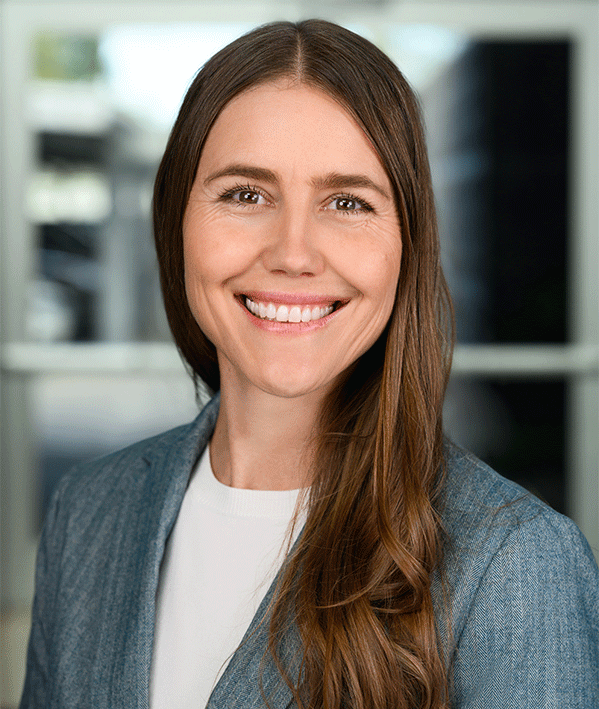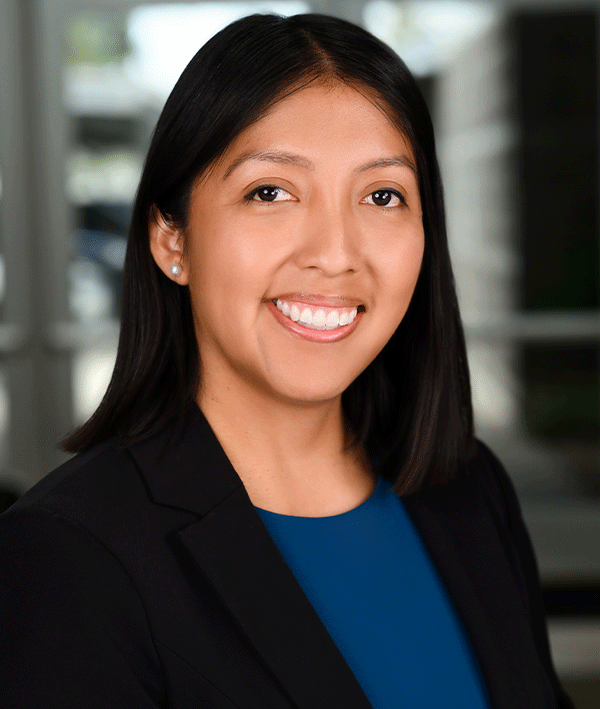The information session below is designed to help high-school students, parents, teachers, and counselors learn about the benefits of the 2024 Flinn Scholarship—one of the nation’s most prestigious merit-based scholarships.
Flinn Scholars Program staff present strategies to assist in building a strong application, followed by Flinn Scholars, who share insights about the Flinn Scholar experience and what high-achieving students can anticipate as Honors students at Arizona’s public universities.
For your convenience, the video description on YouTube is timestamped by specific topic.
How to Apply for the Flinn Scholarship
The Class of 2024 Flinn Scholarship application is now closed. The deadline to apply was Oct. 18. About 20 of Arizona’s highest-achieving students are selected each year, joining a community of more than 700 current Scholars and alumni. The Class of 2024 will be announced by the Flinn Foundation in April.
Flinn Scholarship Benefits
The merit-based scholarship program covers the cost of tuition, fees, housing, and meals at Arizona State University, Northern Arizona University, and the University of Arizona. In addition, Flinn Scholars attend an international summer seminar after their freshman year and at least one additional study-abroad experience. The overall financial package is valued at more than $130,000.
Additional Resources
The benefits of the Flinn Scholarship go well beyond the financial package. Potential applicants are encouraged to learn more about Benefits, Requirements, Study Abroad and Arizona’s Universities. In addition, application tips and FAQs are available on our website.
If you have any questions, please email flinnscholars@flinn.org or call (602) 744-6802.
The Flinn Scholars Program is operated by the Flinn Foundation Scholarship Program LLC and supported by the Flinn Foundation, a private, nonprofit, grantmaking organization based in Phoenix that also aims to advance the state’s bioscience sector, boost the fiscal and creative capacity of the state’s arts and culture organizations, and develop civic leaders.


